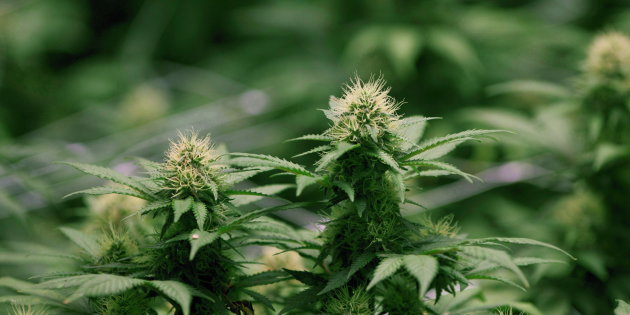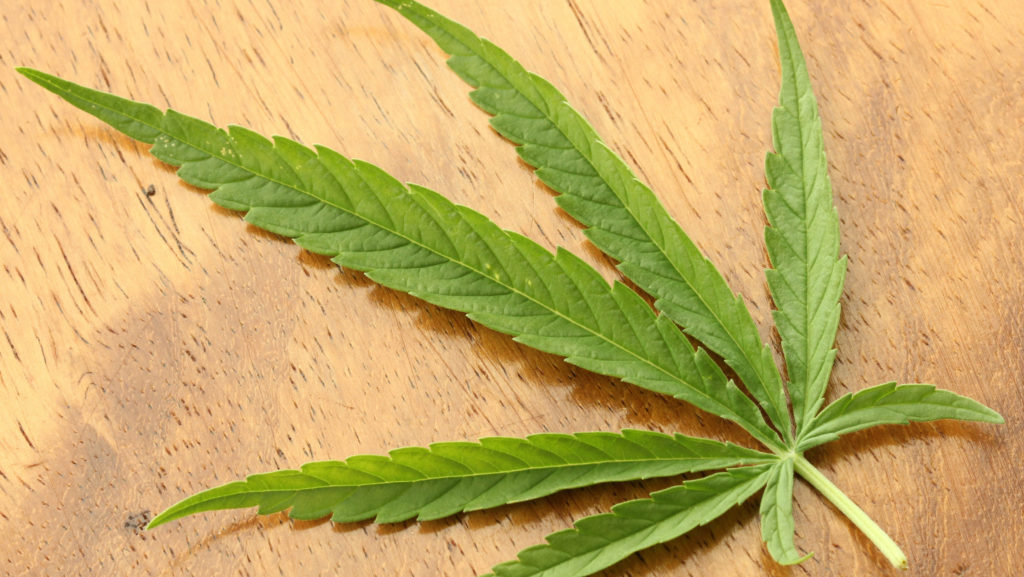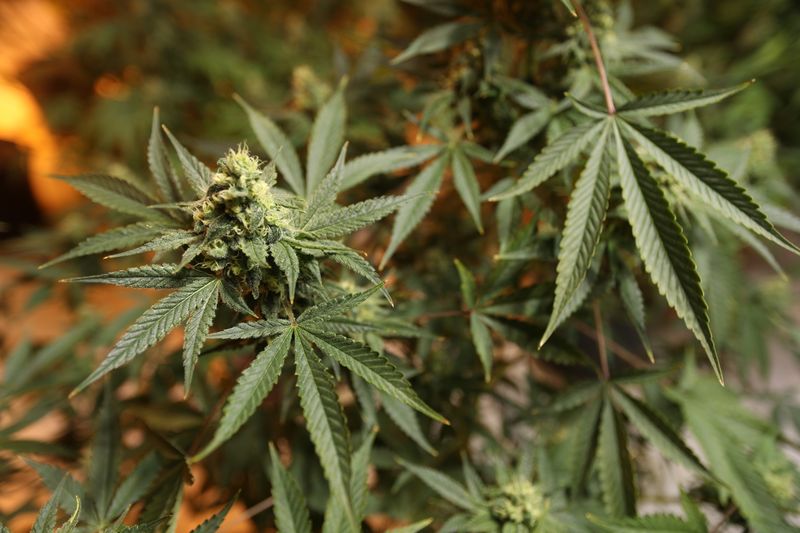Justin Trudeau’s marijuana czar is warning that policy makers may need to adjust taxes to prevent prices from falling too low after legalization.
Prices and taxation levels will then need to be monitored to keep them competitive enough to achieve the government’s goal of starving out the illegal market, without pricing things too low and encouraging excess use, Blair said in an interview last month.
Marijuana firms including Canopy Growth Corp., Aurora Cannabis Inc., Aphria Inc. and MedReleaf Corp. surged last week to close out 2017. Canopy ended the year with the best returns on the S&P/TSX Composite Index, data compiled by Bloomberg show, and the BI Canada Cannabis Competitive Peers Index reached a new high last week. Some analysts are skeptical about demand projections, and betting against the stocks is difficult to do.
Falling Prices
Canada plans to legalize recreational pot use by the summer, though the law to do so is wallowing in the Senate. Leisure use began in California this week, and Blair said other jurisdictions have seen prices fall as their markets develop.
“I think there are, almost inevitably, economies of scale that will be realized both in production and in the distribution,” Blair said. “Over time, prices do come down.”
In a follow-up written statement, Blair said the price of pot will be determined both by the market and by provincial regulators. “The provinces may use both price and tax levers to maintain a price that is both competitive with the illicit market and not so low as to create an incentive for increased use,” he said.
The Canadian government projects an annual market of about C$4 billion ($3.2 billion) for legalized marijuana. The country’s finance ministers have agreed on a marijuana excise tax of 10 percent of the product price, or C$1 per gram, whichever is higher. Sales taxes, ranging from 5 percent to 15 percent across provinces, will also be applied. The federal government has agreed to hand over at least 75 percent of excise tax revenue to provinces for the first two years after legalization.
Nick Dean, chief executive officer of licensed medical producer Emblem Corp., said he expects the marijuana industry will be able to compete with the black market.
“The strategy right now is we would be selling at a competitive price and that’s been supported by the government,” he said in a phone interview. “The best way to displace the black market is through education and brand, and people are willing to pay a premium for a brand experience.”
credit:bloomberg.com












